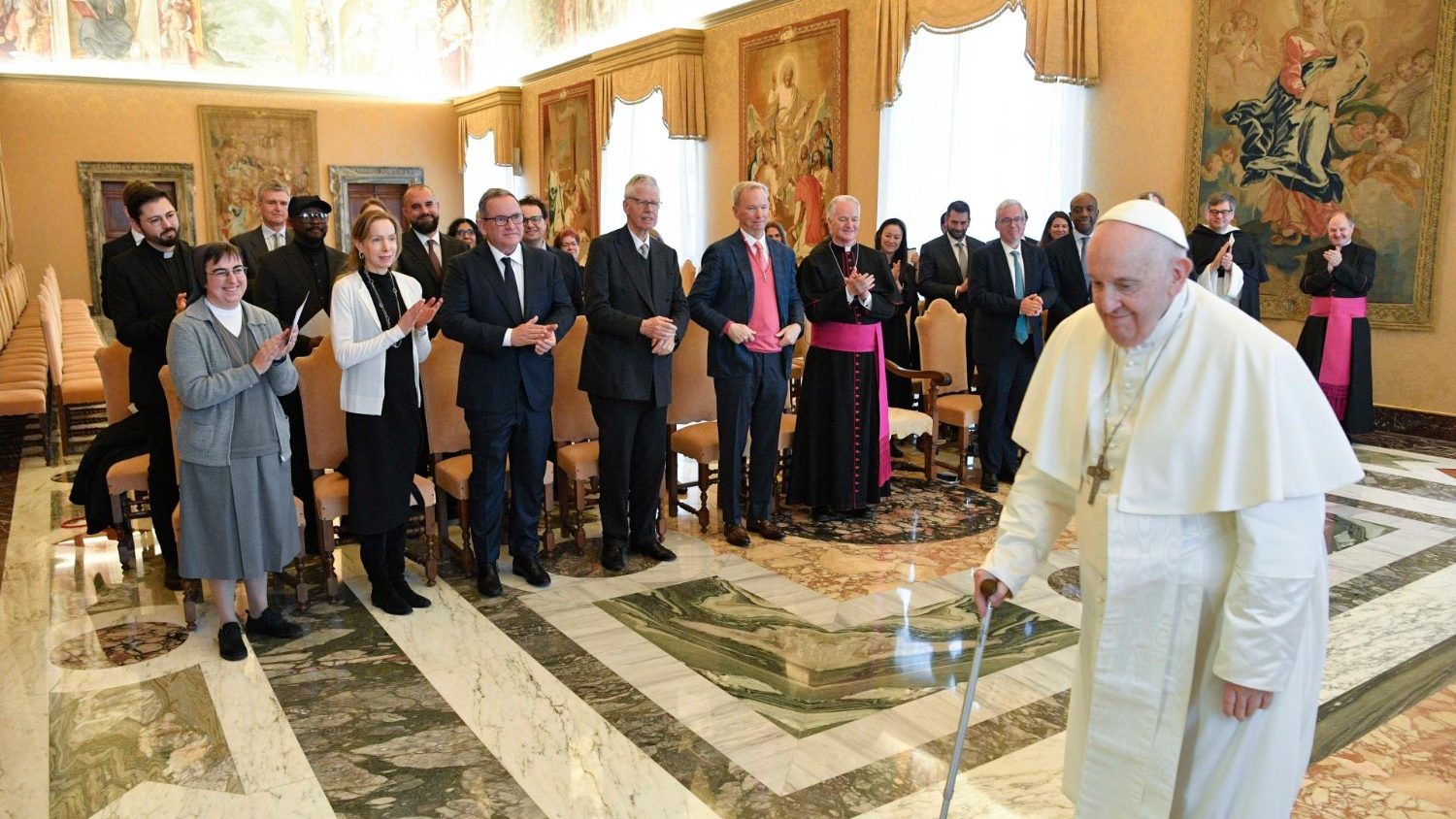Pope Francis on Monday praised the benefits of technology and artificial intelligence, but warned against using AI unethically.
“I am convinced that the development of artificial intelligence and machine learning has the potential to contribute in a positive way to the future of humanity,” the pope said in an address before the annual gathering of scientists and experts organized by the Vatican’s Dicastery for Education and Culture.
He warned, however, that the potential of technology “will be realized only if there is a constant and consistent commitment on the part of those developing these technologies to act ethically and responsibly.”
“It is reassuring to know that many people in these fields are working to ensure that technology remains human-centred, ethically grounded and directed toward the good,” said Pope Francis in a Vatican News report.
The gathering on Monday dubbed the “Minerva Dialogues” brought together scientists, engineers, business leaders, lawyers, philosophers, and representatives of the.
In his talk, the pope said he greatly values the ongoing dialogue, especially as it involves discussions regarding the responsible use of technology.
“I am convinced that dialogue between believers and nonbelievers on fundamental questions of ethics, science and art, and on the search for the meaning of life, is a path to peace and to integral human development,” he said.
Pope Francis said technology is “immensely beneficial” to the human family, especially in the fields of medicine, engineering, and communications.
“We also see them as evidence of the creativity of human beings and the nobility of their vocation to participate responsibly in God’s creative action,” he said.
He expressed appreciation of the consensus that emerged during the meeting on the need for “development processes” to “respect such values as inclusion, transparency, security, equity, privacy and reliability.”
The pontiff welcomed efforts of international organizations to regulate technologies so that “they promote genuine progress, contributing, that is, to a better world and an integrally higher quality of life.”
“I would therefore encourage you, in your deliberations, to make the intrinsic dignity of every man and woman the key criterion in evaluating emerging technologies; these will prove ethically sound to the extent that they help respect that dignity and increase its expression at every level of human life,” said the pope.
He said it is “a source of concern to me that evidence to date suggests that digital technologies have increased inequality in our world.”







